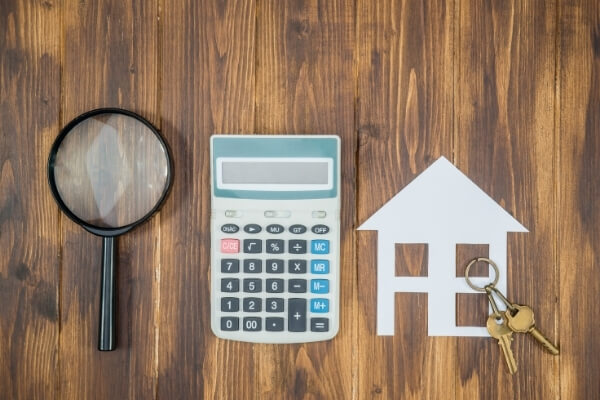A property is one of the biggest purchases you are likely to make. It’s exciting and also a bit daunting, and there is a lot that you need to get lined up before the sale is completed. When you buy a house you need savings for your deposit, and also for the other incidental costs involved in purchasing a property.
To help ensure that you make a wise decision – and to help reduce the risk of unexpected costs once you have purchased the property – it is important to do some due diligence.
What is due diligence? Due diligence is the phrase used for the activities involved in investigating and learning about the different aspects of the property. These activities can include formal reports, as well as some informal enquiries.
Many of the due diligence activities have costs associated with them. Because of the additional costs associated with buying or selling a property, it can be an expensive process even after you have got your deposit sorted.
Here we will outline some of the due diligence activities which you will need to consider when looking to buy your home. Everyone is in a different situation, so some of these will be relevant to you and some may not. When we work with you to buy your first home (or your second!), we will help you work out what advise you need to seek.
Due diligence can include:
- Checking the title of the property – your lawyer will do this for you.
- Getting council reports – a LIM report (Land Information Memorandum), and also checking the property envelope.
- Getting a building inspection – This is to make sure that there is no hidden maintenance that needs to be done. There are lots of companies that do pre-purchase inspections, they will look at things such as moisture levels, past structural alterations, the roof, floor levels, etc.
- Getting a market valuation – This is not always necessary, it will depend on you, the property and your bank.
- Sometimes there are finance fees if you are seeking lending from a 2nd tier lender, sometimes known as a non bank lender.
- Lawyers fees for checking the sale and purchase contracts and doing the conveyancing work.
- Checking for hazardous materials and lab tests (eg. asbestos)
So, you will need to save some extra money for paying for some or all of the above. It’s worth noting that if you are a first home buyer you cannot use your KiwiSaver to pay for any of these costs. Sometimes the banks will give you some money towards your legal and other purchasing costs, but this is not always on offer and not all banks do this.
All of this can seem overwhelming. We are here to help you navigate through the process of buying your home, and we look forward to hearing how we can help you.

